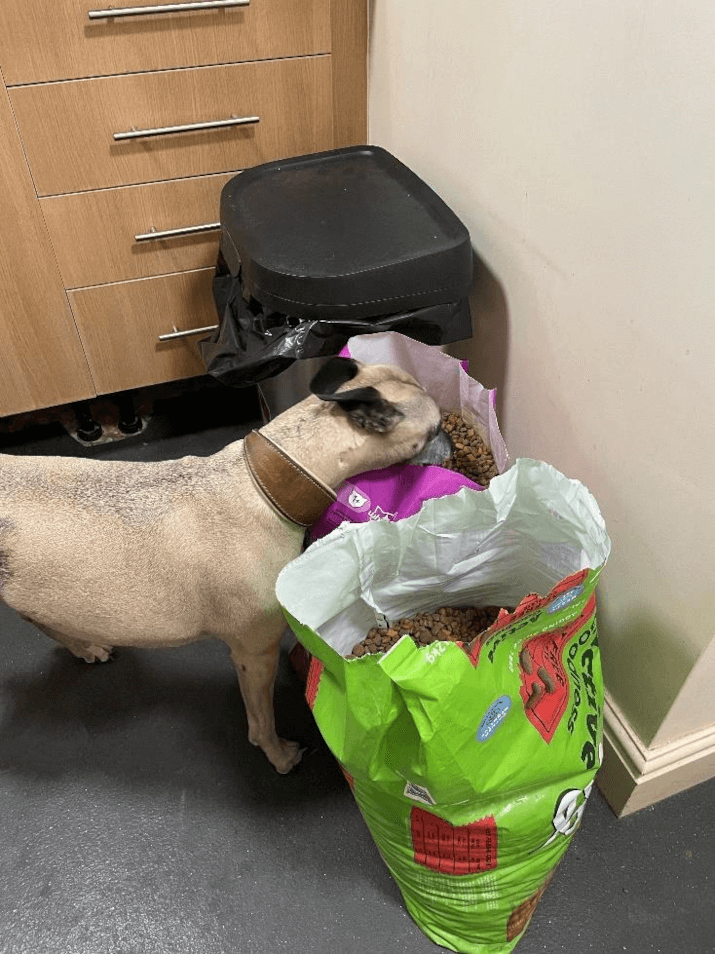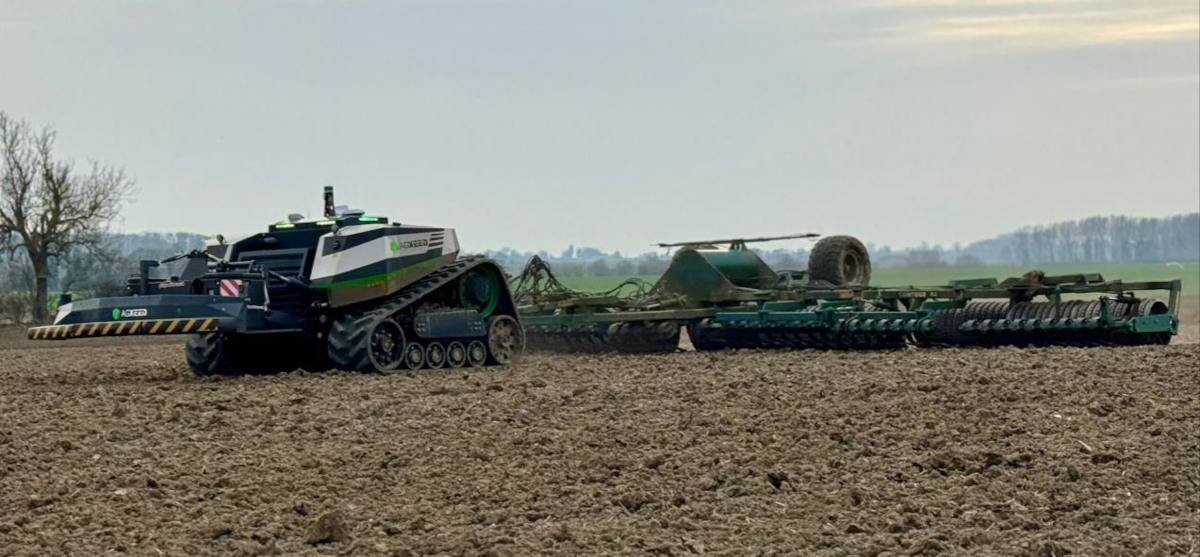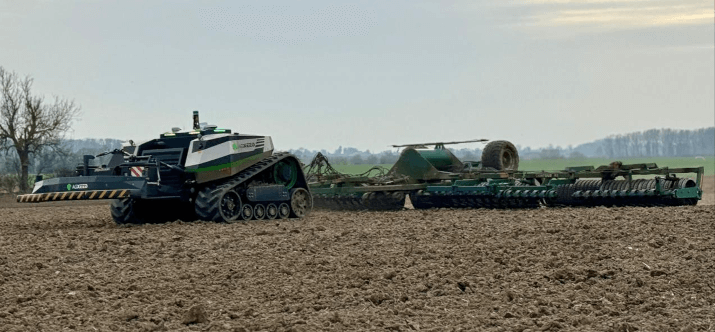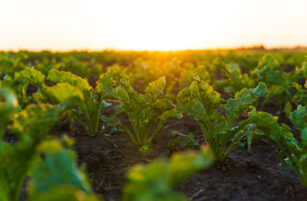Insight Focus
Dry weather and temperature fluctuations are affecting crops. Agricultural markets remain flat, with rising farmer concerns. Government support for farmers continues to fall short.
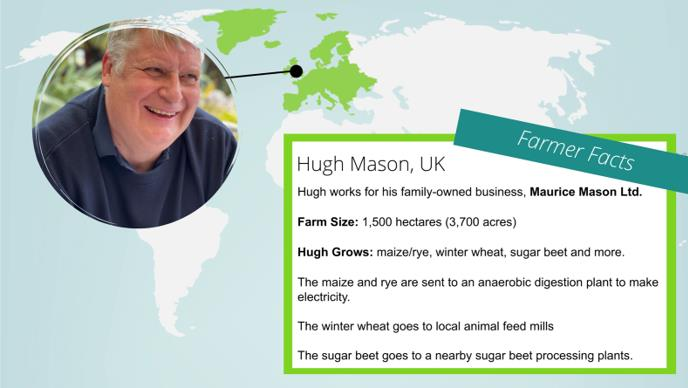
What’s Happening on the Farm?
Well, it’s been very dry—probably the most important thing that has happened. To make matters worse, it’s also been very warm during the day and quite cold at night. Air temperatures have been shifting by up to 20°C over a 24-hour period.
Although this hasn’t been the case across the whole UK, we’ve been very dry for nearly the entire growing season of harvest ’25, and well below average. Based on the various forecast models available to me, I think it’s going to be a “dry year,” with all the follow-on implications.
For reference, the “max” rainfall was during harvest ’24.
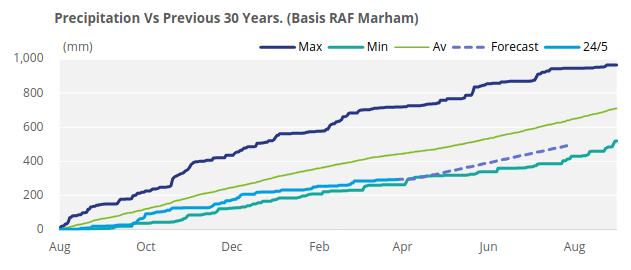
Also, our local water company is building a new major pipeline from Hull to Cambridge, which apparently has no water and this is coming through our farm. Progress has been stopped as someone has discovered Badger (think Wind in the Willows) has his home directly in the path of the pipe.
The hedgehog community, on the other hand, is all for the pipeline. I’m currently siding with the hedgehogs as our water company has been busily pumping raw sewage into our farm from one of their broken pipes.
Because it’s a global issue, I have to mention “Liberation Day.” In general, it’s been surprising how flat my agricultural markets have been compared to elsewhere.
The dry weather has brought calm winds, which has allowed us to stay active with fertiliser and pesticide applications. But, as always, there’s more to do.
Elsewhere on the farm—pigs have arrived. Thankfully, I’m not directly involved. I once tried my hand at pig raising, a complete disaster, as the sows and I could never agree on how many piglets were needed each year.
What Stage are the Crops at?
Wheat/Rye/Spring Barley
Our rye crop has really started to grow—you can almost stand and watch it. Wheat is similar, though a little behind. For both crops, we’ve decided to bring forward our nitrogen applications due to the expected dry spring, and we’ve now finished applying our planned nitrogen.
The thinking is this: if it rains now, the nitrogen already applied is unlikely to move outside the rooting zone, so we won’t lose anything by applying early.
This is our first year running a nitrogen monitoring project, to see if we can reasonably track what’s happening in the soil.
Unlike last year, disease levels are currently light. We’ve done a few T0 sprays (early fungicide protection) and are now starting our main T1 programme.
Spring barley is further behind the wheat, but—with a minor exception—it has all come up and started to tiller. Plant counts suggest that everything is currently okay, though that usually changes. As with the wheat, all the nitrogen has been applied. We grow for a malting sample, meaning the grain nitrogen must be reasonably low. I have no idea why as a friend of mine created Greene King’s Abbot Ale, and he used, among other things, potatoes!
OSR
As late as I dared, we applied the second round of nitrogen, and that is now complete. Fungicide has also been applied, and the crop is now flowering. I’m expecting a yield drop due to the frosts we’ve had—each frosty morning, the crop looks like it’s dehydrated.
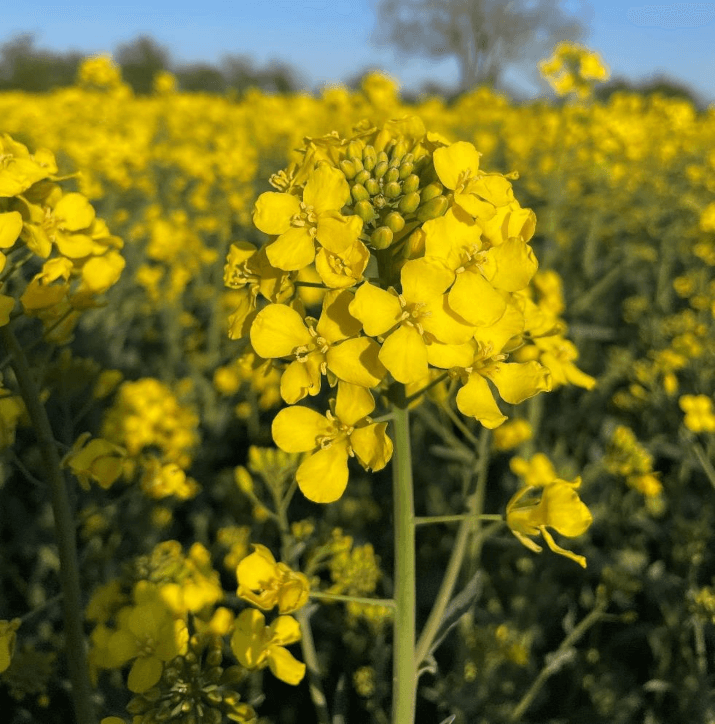
Sugar Beet
This crop is planted and now coming up. I hate this period—the crop always looks so ‘weak’. It’s too early to say for sure, but I’m expecting the number of “bolting beet” to be higher again this year, due to the frost.
What are your Biggest Concerns?
I read that the US President is planning financial support for US farmers due to low prices.
Meanwhile, here in England, our government seems to be telling us that food isn’t important and that we should simply accept whatever price the world offers us. New Zealand is often quoted as the example to follow.
No one ever mentions that New Zealand’s population is about the same as Birmingham’s—or the suicide rate among the farmers who were abandoned in the shift. But to show we have a caring government, April is officially “Stress Awareness Month.” Hmm.
On a happier note, Cecilia has discovered the concept of an “all day” breakfast.
